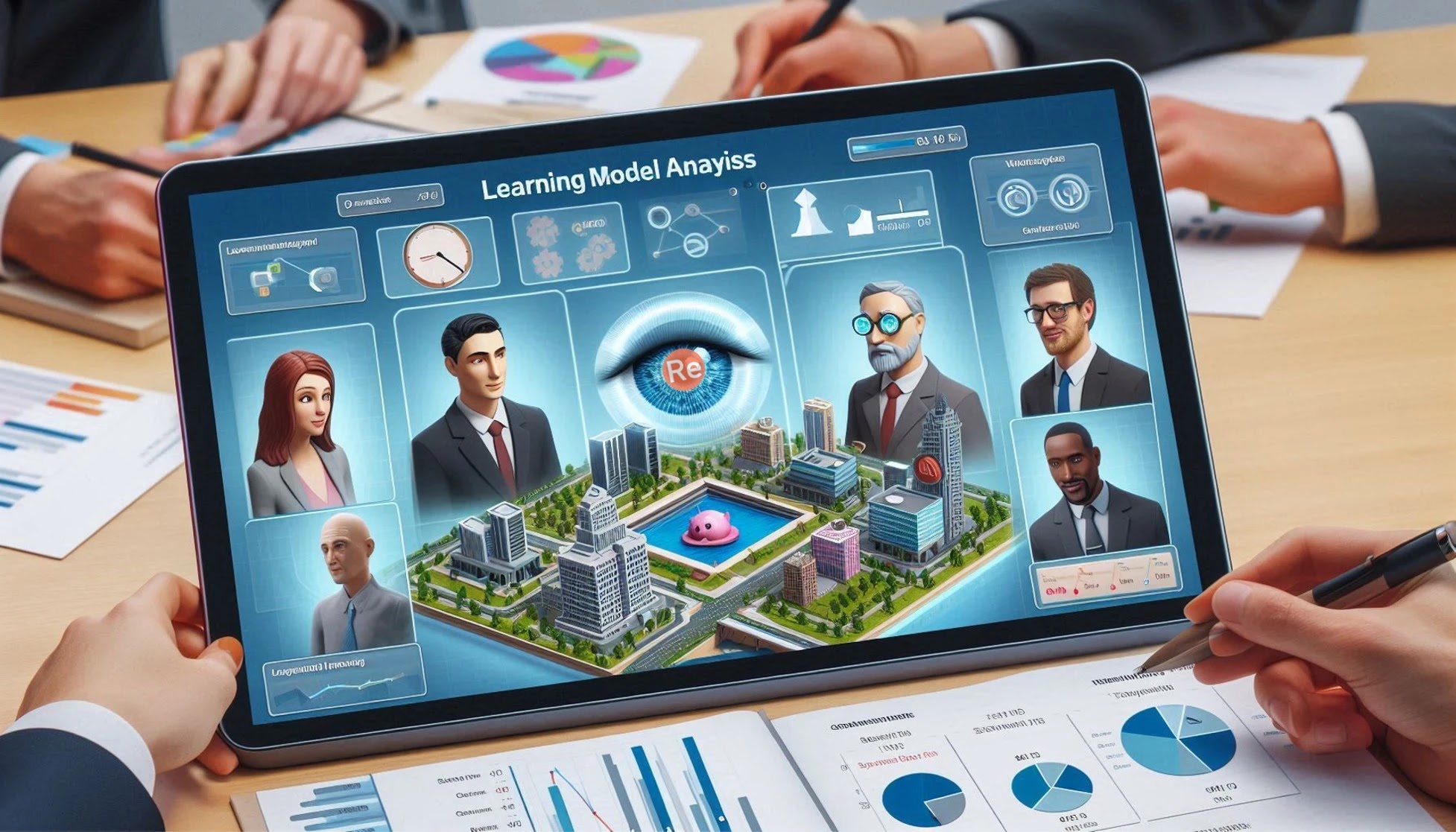Why should 🎶 business simulation games become important to high school students? they make learning easy and simple! you can have fun while improving your money management, problem-solving, and smart decision-making skills.
This guide is for you if you're a parent who wants their child to learn and play, a teacher searching for fresh resources, or a student looking for something new.
The top business simulation games for high school students have been picked by us. they are simple, useful, and never bored. let's see how these games can prepare kids to lead business in the future!
(toc)Table of Content
What Makes a Great Business Simulation Game?
- It all comes to the point of finding entertaining, user-friendly, and educational games!
- Here’s what to look for in a great game:
1. Age-Appropriate Fun
- The game needs to be appropriate for high school students' learning level. if it's too simple or too difficult, it's not fun!
2. Built-In Learning
- Real-world features like collaboration smart spending, and planning are taught in a good game.
3. Easy to Play
- Nobody enjoys messing with confusing controls. The more it is easier, the more it will be better!
4. Affordable Options
- Free or cost-effective games help parents, teachers, and students equally.
5. Multiplayer Fun
- Games which allow students to compete or work together make learning interesting and social.
These features turn a simple game into a fantastic learning and development tool. Are you asking about which games feature all of this? Read on to find out!
Top Business Simulation Games that you should play
-
Let's explore the best choices now that we know what makes a business simulation game great! these games are perfect for high school students since they combine enjoyment with education here are a few of the top choices available:
1. SimCity (2013)
-
Why It's Great: SimCity gives students the ability to create and run a city, making decisions on budgets, infrastructure, and regulations. It's an excellent method of learning about urban planning, resource management, and economics.
What Students Learn: Students can long-term strategic planning, urban management, and basic economics.
2. RollerCoaster Tycoon
- Why It's Great: Players run their own theme park in RollerCoaster Tycoon. they decide on pricing, marketing, and happy customers while managing everything from food stalls to rides.
What Students Learn: Marketing strategies, customer service, and budgeting are among the things that students learn.
3. Capitalism II
- Why It's Great: This classic game provides an in-depth look at running a corporate empire. Production, sales, and stock markets are just a few of the business-related elements that players can handle.
What Students Learn: Marketing, sales, financial management, and business strategy are among the subjects that students study.
4. Game Dev Tycoon
- Why It's Great: By owning a video game company, students can get knowledge about the IT industry. They learn about financial factors, market demand, and making products via this game.
What Students Learn: Innovation, market research, and product creation.
5. The Sims (Any Edition)
- Why It's Great: While not being a business simulation per that, the Sims teaches valuable life lessons. the gameplay includes controlling the relationships, careers, and financial decisions of the characters.
What Students Learn: Relationship building, personal funds, and time management.
6. Industry Giant II
- Why It's Great: This game gives a realistic take on managing companies across a range of sectors, including retail and manufacturing. Players make choices that affect the economy and the success of their organization.
What Students Learn: Supply chain management, manufacturing techniques, and industrial economics are among the subjects that students study.
7. Zoo Tycoon
- Why It's Great: Students build and manage a zoo in Zoo Tycoon. When deciding on pricing, promotion, and growth, they have to achieve a balance between animal welfare and corporate operations.
What Students Learn: Students gain knowledge of customer service, resource allocation, and business ethics.
Frequently Asked Questions (FAQs)
How to play business simulation games?
The primary goal of business simulation games is on decision-making and strategy. Start by understanding the goals and terms of the game. To develop your virtual company, as work on resource management, financial balancing, and decision-making. Analyze the market, make plans, and deal with challenges, just like you would do in a real business.
How do you beat the game business simulation?
Playing a business simulation game often involves achieving set goals, such as beating competition or making a certain profit. The secret is to be flexible make smart choices, and plan ahead. To stay ahead, learn from your failures, watch your competitors, and focus on efficiency.
How to play monopoly business game?
In Monopoly, properties are purchased, traded, and maintained. Players alternatively move around the board, roll dice, and buy properties that fall on the board. Try to build homes or hotels for rent, and collect rent from people who land on your properties. The idea is to carefully handle your finances while going bankrupt your opponents. Always have some cash on hand in case of unexpected expenses like taxes or jail time.






